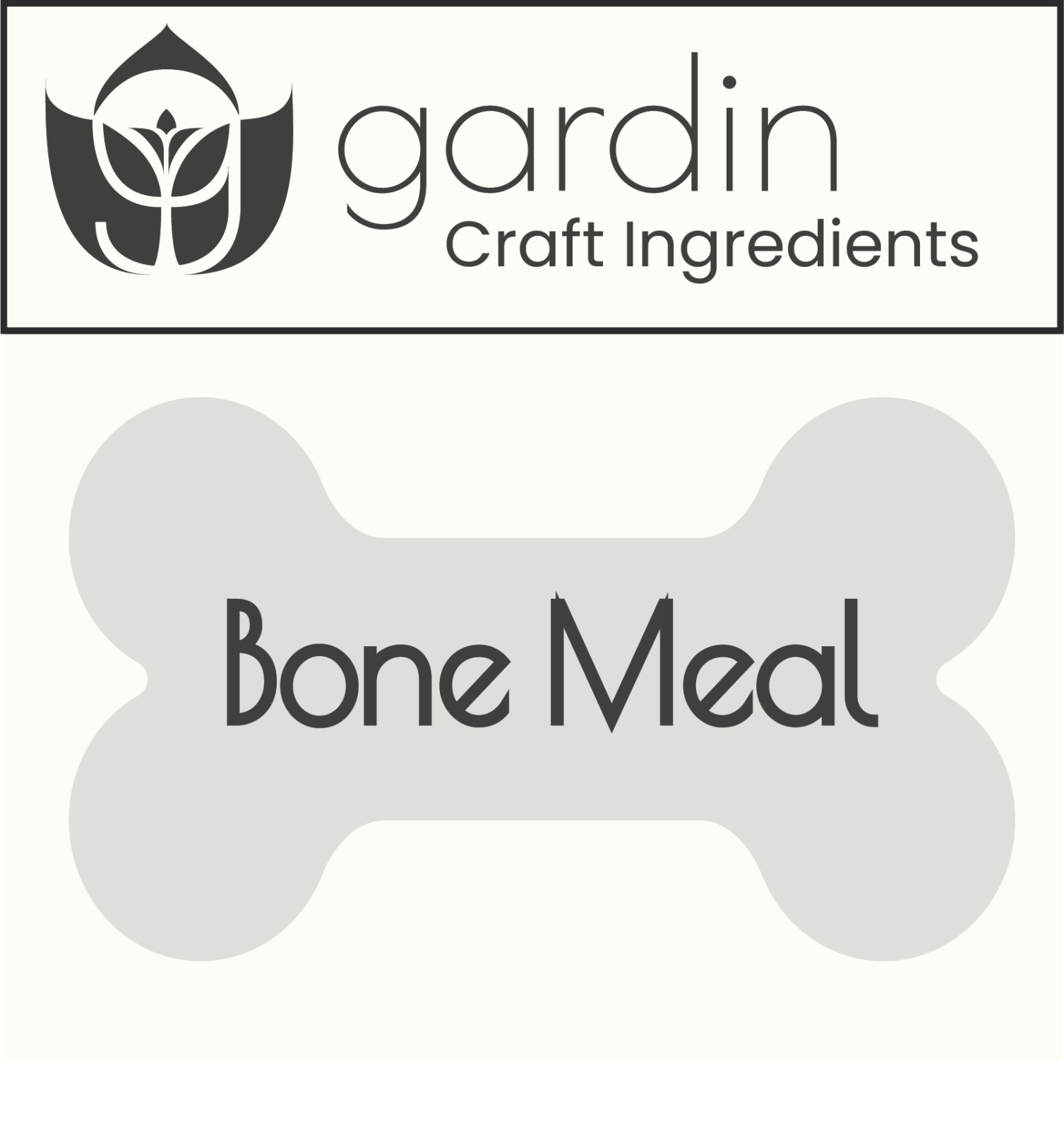Bone meal is a natural fertilizer made from finely ground animal bones, usually from cattle or fish. It is a slow-release fertilizer that provides essential nutrients to plants, primarily phosphorus and calcium. Its slow-release nature ensures a steady supply of nutrients to plants over time supporting root development, flowering, fruiting, and overall plant health. Attributes include:
-
Phosphorus Supply: Bone meal is particularly rich in phosphorus, an essential nutrient for plant growth. Phosphorus plays a crucial role in several important plant processes, including energy transfer, root development, flowering, and fruiting. Adequate phosphorus levels contribute to overall plant health and productivity.
-
Root Development: Phosphorus is essential for root development. It promotes the formation of strong and healthy root systems, which in turn enhance a plant's ability to take up water and nutrients from the soil. Robust roots also improve a plant's ability to withstand stress and environmental challenges.
-
Flowering and Fruiting: Phosphorus is closely associated with flower and fruit formation. It encourages the production of flowers and supports the transition from vegetative growth to reproductive growth. Plants with sufficient phosphorus are more likely to develop healthy flowers, which can lead to better fruiting and seed production.
-
Cellular Processes: Phosphorus is a critical component of DNA, RNA, and ATP (adenosine triphosphate), which are essential molecules for cell division, genetic information transfer, and energy storage within plants.
-
Slow-Release Nutrient: Bone meal is a slow-release fertilizer, meaning that it gradually releases nutrients into the soil as it breaks down. This slow-release characteristic ensures a longer-lasting supply of phosphorus to plants, reducing the risk of nutrient leaching and ensuring a consistent nutrient source over time.
-
Calcium Content: While phosphorus is the primary nutrient provided by bone meal, it also contains a significant amount of calcium. Calcium is important for cell wall formation, cell division, and overall plant structure. It contributes to strong cell walls and helps prevent issues like blossom end rot in certain fruiting plants.
-
Soil Improvement: Bone meal contributes to soil fertility and structure. As it decomposes, it releases nutrients into the soil, improving its nutrient content and microbial activity. The organic matter in bone meal also helps improve soil structure, water retention, and drainage.

